Frédéric Maire to leave Cinémathèque suisse

Frédéric Maire, director of the Cinémathèque suisse, the Swiss Film Archive, is to step down on September 30. His decision was taken in agreement with the board of the Lausanne-based institution.
+Get the most important news from Switzerland in your inbox
“After implementing a new governance structure designed to support its growth, the institution must now consolidate its achievements in a complex environment marked by budget restrictions. Against this backdrop, the arrival of a new director is intended to give the institution fresh impetus to meet the current challenges,” Cinémathèque suisse said in a press release on Friday.
‘Neither sick nor angry’
Interviewed by the Keystone-ATS news agency, Maire described the decision as “a very intelligent one”.
“I’m neither ill nor angry, but I think you have to be able to say stop at the right time for the good of the institution. In any case, I’ll be retiring at 65 next year,” he said.
“I have accompanied the major growth of the Cinémathèque suisse, marked by the construction of the new Research and Archiving Centre in Penthaz, which opened in 2019, and by the purchase by the city of Lausanne of the Capitole cinema in 2010, followed by its renovation and extension, which was inaugurated in February 2024,” he explained.
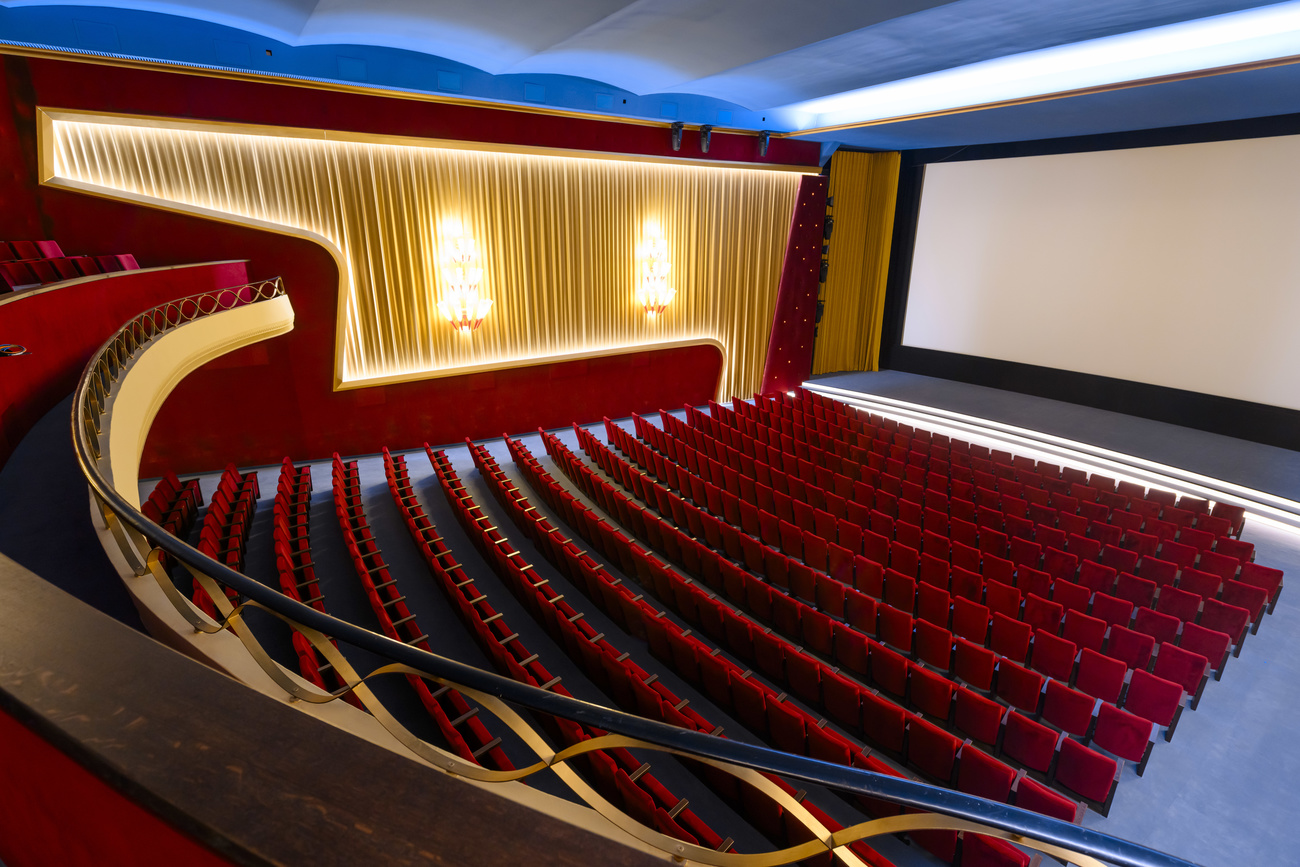
More
Lausanne’s Capitole cinema regains its sparkle
The number of staff at the institution – which also has a presence in Zurich – has more than doubled since 2010, Maire pointed out.
“In the face of raging cost-cutting, looming financial difficulties and diminishing resources, it seems clear to me that someone else is needed to lead the Cinémathèque into the future,” said Maire.
At this pivotal moment, at the age of 64 this autumn, he no longer sees himself as the right person who may have to make “drastic choices”.
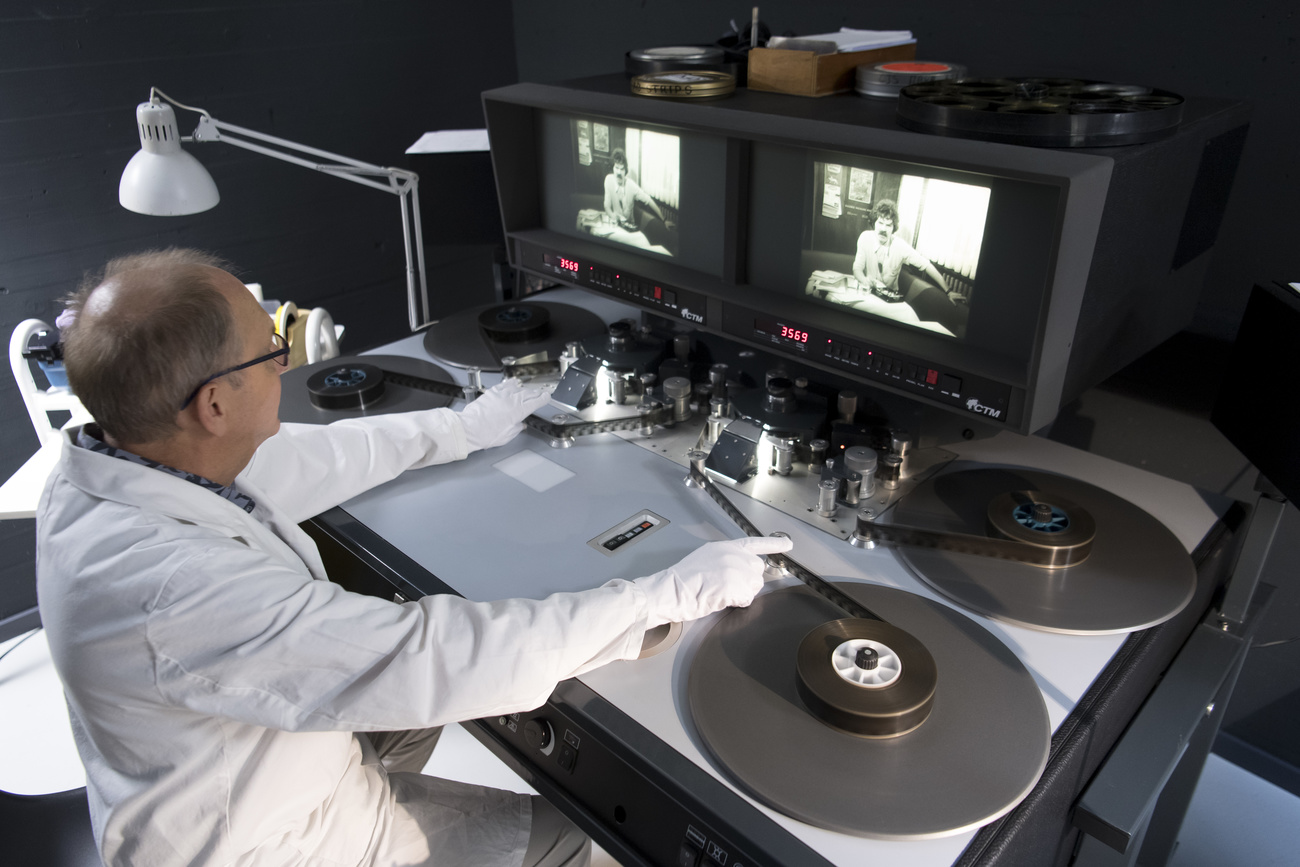
More
The Cinémathèque Suisse turns 75, and film lovers can rejoice
The era of digitisation
Born in Neuchâtel in 1961, Frédéric Maire has worked as a film-maker, journalist, programmer and festival director. In 1992, he co-founded and co-directed the children’s film club La Lanterne Magique.
From 2005 to 2009 he was artistic director of the Locarno International Film Festival. He was appointed head of the Cinémathèque suisse in November 2009, succeeding Freddy Buache and Hervé Dumont. In 2017, he was elected by his peers to serve a six-year term as President of the International Federation of Film Archives (FIAF).
Under his leadership, the Cinémathèque suisse has integrated and developed digital techniques, particularly in the areas of archiving, cataloguing, restoration, digitisation, promotion and projection, the foundation board wrote.
Films from Switzerland’s movie heritage have been selected on several occasions for prestigious festivals or released on streaming, DVD and Blu-ray, and have been the subject of numerous retrospectives abroad. Since 2010, the Cinémathèque suisse has developed close collaboration with the academic world, particularly the University of Lausanne, which has led to the launch of several research projects supported by the Swiss National Science Foundation.
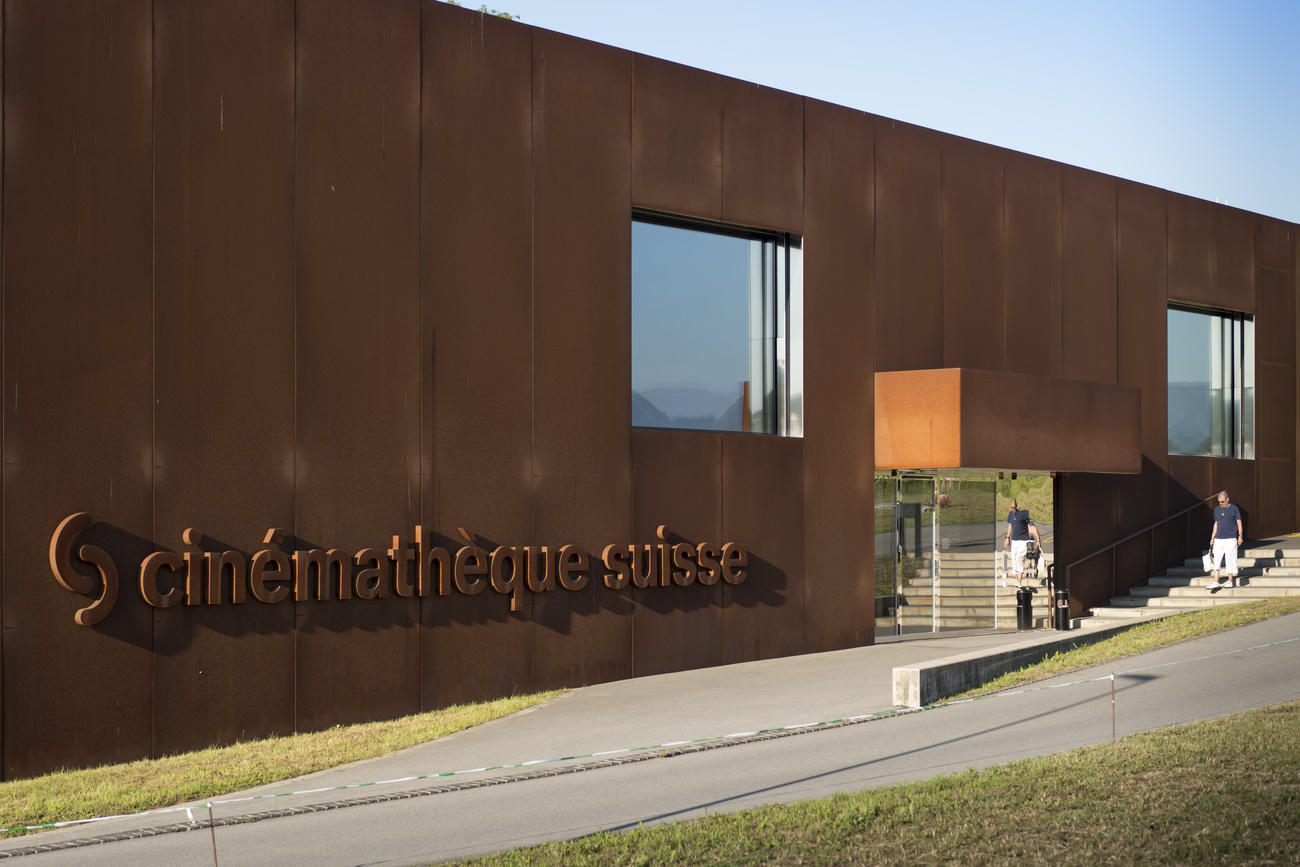
More
Swiss Film Archive inaugurates research centre
Top 10 in the world
“The Cinémathèque suisse is today a cutting-edge institution whose skills are recognised internationally. The FIAF Congress held in Lausanne in April 2019 highlighted this perfectly, confirming its place among the ten most important film archives in the world in terms of the extent, diversity and quality of its collections,” said the foundation board.
Chaired by former Neuchâtel minister Jean Studer, the board “warmly thanked Frédéric Maire for his years of commitment to the Cinémathèque suisse”. It said it is “delighted to be able to count on an institution with highly qualified and efficient staff”.
Translated from French by DeepL/sb
This news story has been written and carefully fact-checked by an external editorial team. At SWI swissinfo.ch we select the most relevant news for an international audience and use automatic translation tools such as DeepL to translate it into English. Providing you with automatically translated news gives us the time to write more in-depth articles.
If you want to know more about how we work, have a look here, if you want to learn more about how we use technology, click here, and if you have feedback on this news story please write to english@swissinfo.ch.

In compliance with the JTI standards
More: SWI swissinfo.ch certified by the Journalism Trust Initiative









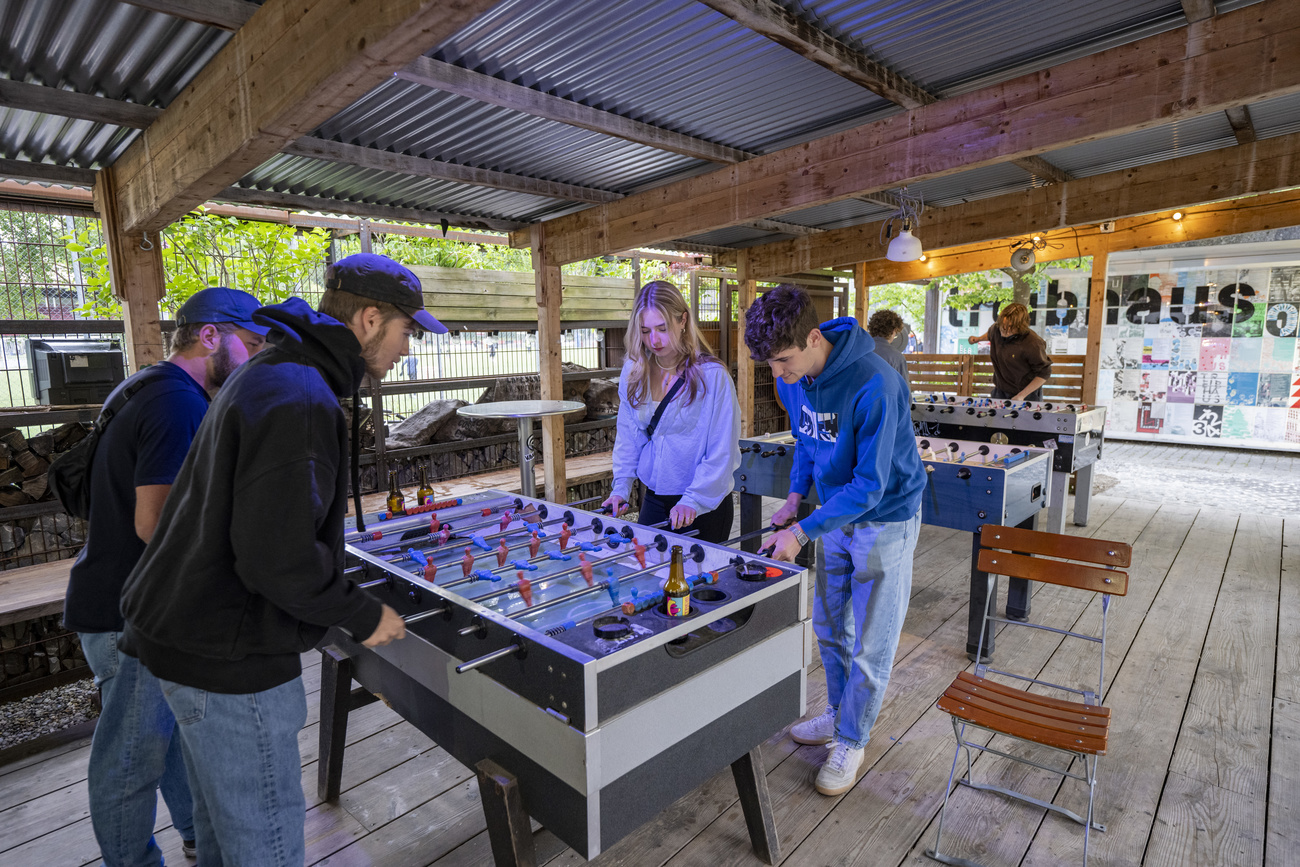
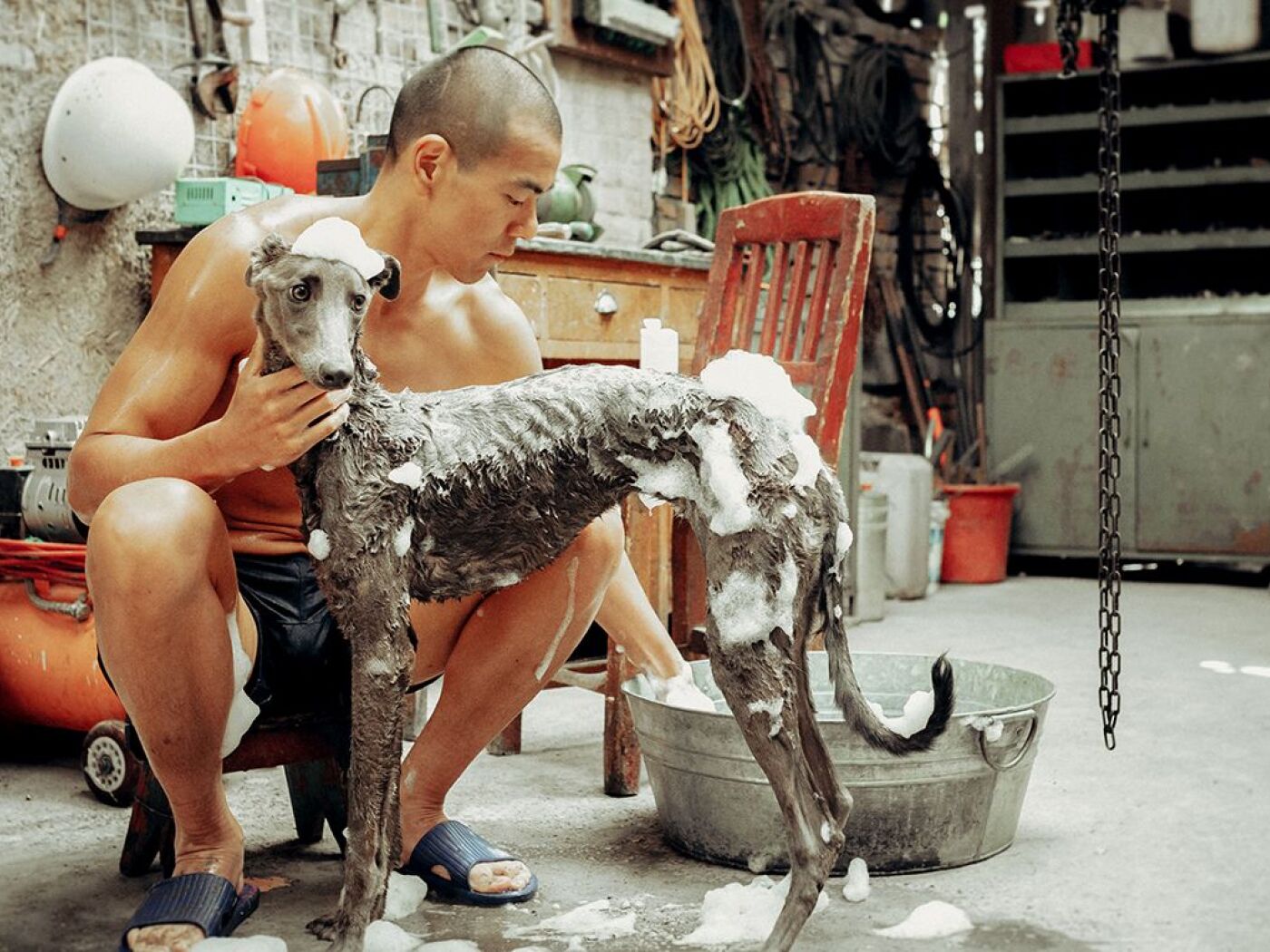
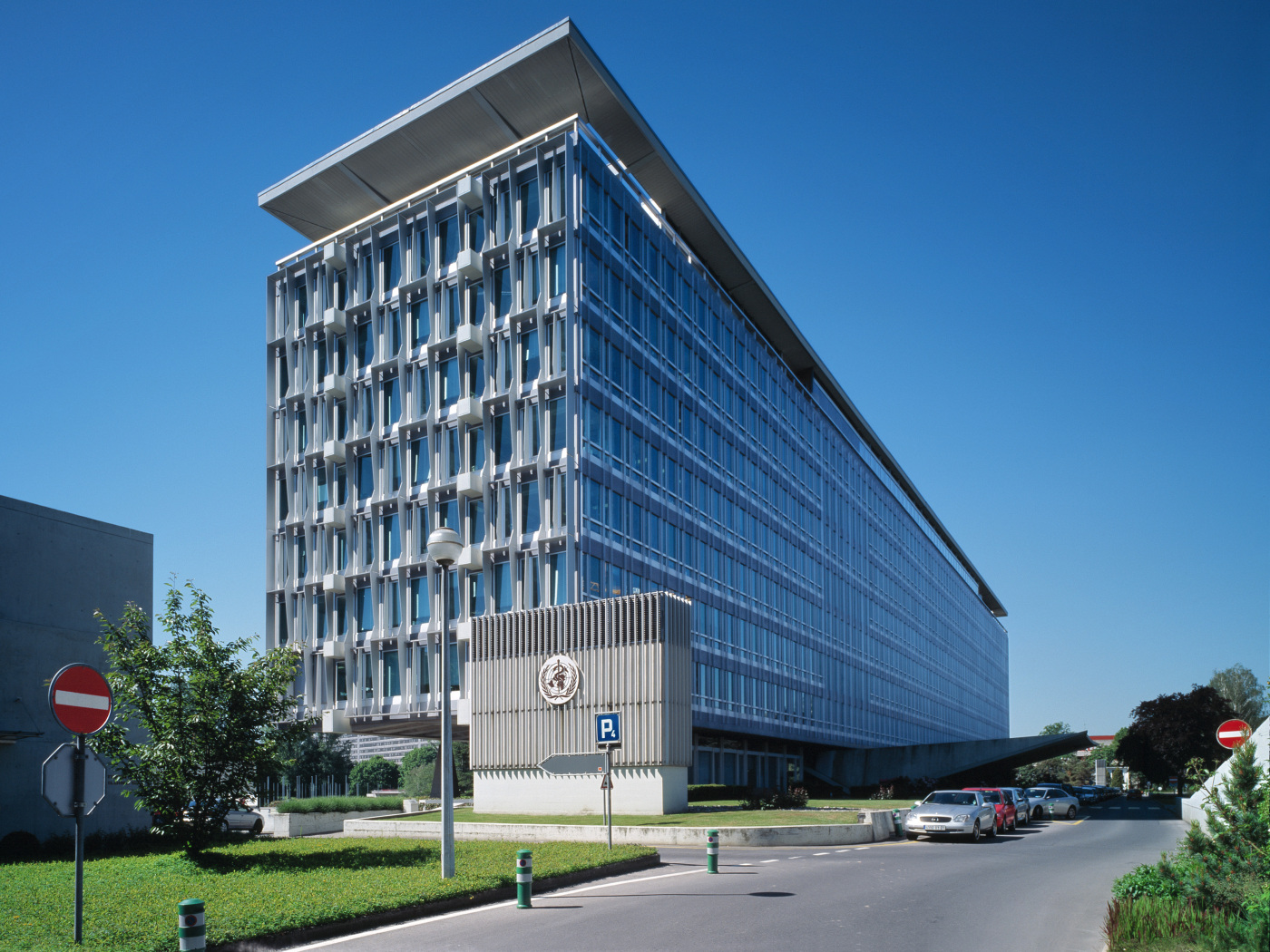






You can find an overview of ongoing debates with our journalists here . Please join us!
If you want to start a conversation about a topic raised in this article or want to report factual errors, email us at english@swissinfo.ch.